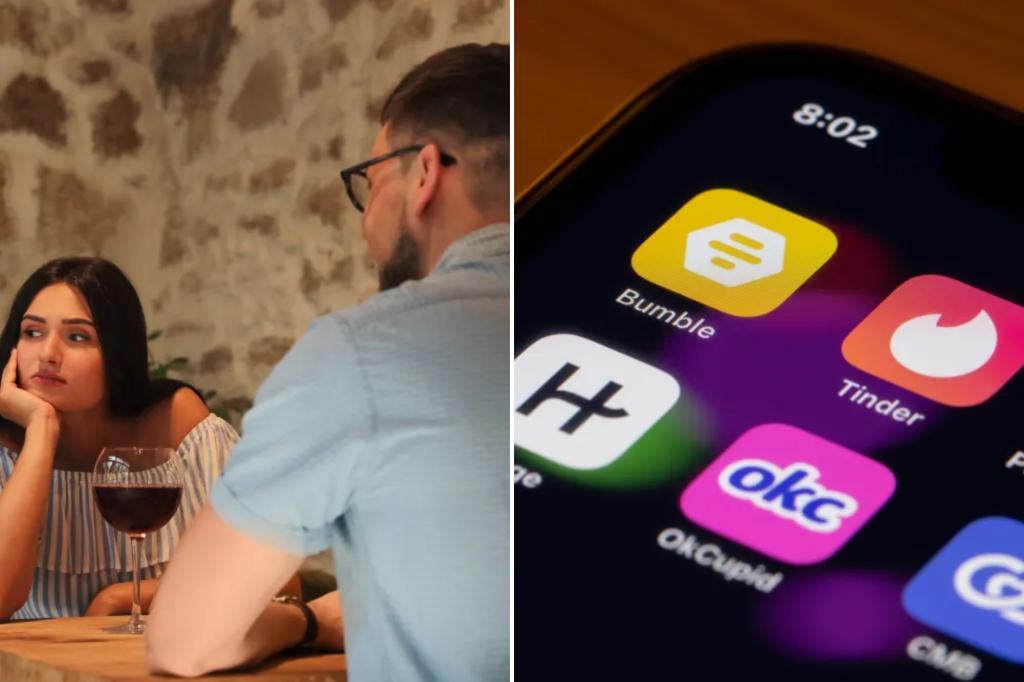The Truth About “Bio-Baiting” in Modern Dating Culture
In today’s digital dating landscape, we’ve become familiar with the more sinister aspects of online romance—people who shave years off their age, embellish their career success, or use heavily filtered photos from a decade ago. But there’s another widespread practice that, while less obviously deceptive, may be just as harmful to genuine connection. It’s called “bio-baiting,” and according to a recent report in Indy100, it’s contributing significantly to dating app fatigue and disillusionment among singles searching for authentic relationships.
Bio-baiting happens when someone strategically overstates their interests and lifestyle in their dating profile to appear more dynamic and appealing. Imagine the profile of someone who presents themselves as an avid rock climber, classical literature enthusiast, amateur chef, and passionate world traveler—when in reality, they climbed once two years ago, occasionally skim bestsellers, know how to make one pasta dish, and took a weekend trip to a neighboring state. While not technically lying, this practice creates a misleading impression that inevitably leads to disappointment when the real person doesn’t match the carefully curated image they’ve projected. As Sylvia Linzalone from the dating app Wisp explains, “The disappointment of meeting someone who doesn’t live up to their bio is a primary reason for dating app fatigue. It erodes trust and makes the entire process feel disingenuous.” This sentiment is reflected in Wisp’s user survey, which found that a substantial 63 percent of respondents “admitted to feeling let down after meeting someone who didn’t live up to their carefully polished dating app profile.”
The psychology behind bio-baiting is understandable, if problematic. In a competitive dating environment where people make split-second judgments based on limited information, there’s immense pressure to stand out. Who wouldn’t want to seem well-rounded, adventurous, and culturally sophisticated? The problem isn’t aspiration—it’s misrepresentation. When someone claims to be passionate about activities they rarely engage in or values they don’t truly prioritize, they’re setting themselves and their potential matches up for inevitable disappointment. The momentary advantage gained by appearing more interesting is quickly lost when the truth becomes apparent in person. What’s more, this practice creates a vicious cycle: as more people engage in bio-baiting, authenticity becomes increasingly rare and valuable, while simultaneously harder to recognize among the sea of enhanced self-presentations.
Detecting bio-baiting requires developing a keen eye for the difference between genuine interests and performative ones. Linzalone offers practical advice: “Look for specifics over vagaries. A ‘traveller’ can be a red flag; someone who says ‘hiking the Andes next month’ is probably genuine.” This distinction between vague claims and specific details can be revealing. Someone who genuinely loves cooking might mention their favorite dish to prepare or a cooking class they recently took, while a bio-baiter might simply list “cooking” among a dozen other impressive-sounding hobbies. Another strategy is to engage in conversation about these interests early on—those who truly enjoy an activity will typically be able to discuss it with enthusiasm and knowledge that’s difficult to fake. Perhaps most importantly, Linzalone recommends meeting in person relatively quickly rather than building up an idealized image based on profile information and text exchanges. The longer you wait to meet, the more opportunity there is for fantasy to replace reality.
Unfortunately, bio-baiting exists within a broader ecosystem of problematic dating behaviors that singles must navigate. Other concerning trends include “monkey-barring,” where someone secures a new relationship before ending their current one (like a monkey grabbing the next bar before letting go of the previous one), and the rather unflattering concept of “Shrekking,” which refers to deliberately dating someone perceived as less attractive in the hopes of receiving better treatment due to a presumed gratitude or power imbalance. These practices, alongside bio-baiting, reflect the commodification of human connection that can occur in digital dating spaces, where people become profiles to be optimized and options to be strategically selected rather than complex individuals worthy of authentic engagement.
The rise of these problematic dating trends points to something deeper than just bad behavior—it reveals our collective struggle to reconcile the efficiency and expanded options of digital dating with our fundamental human need for genuine connection. While dating apps have revolutionized how we meet potential partners, they’ve also created new pressures and pitfalls. The solution isn’t necessarily abandoning these platforms, but approaching them with greater intentionality and honesty. This means presenting yourself truthfully, even if it means fewer matches initially, and looking beyond polished profiles to engage with the real person behind them. It means recognizing that meaningful connections are built on authentic sharing rather than strategic impression management. And perhaps most importantly, it means remembering that dating isn’t just about finding someone who meets a checklist of desirable qualities, but about discovering a person with whom you can build something meaningful—a process that requires vulnerability, patience, and a willingness to be known for who you truly are, not just who you wish you were or think others want you to be.


